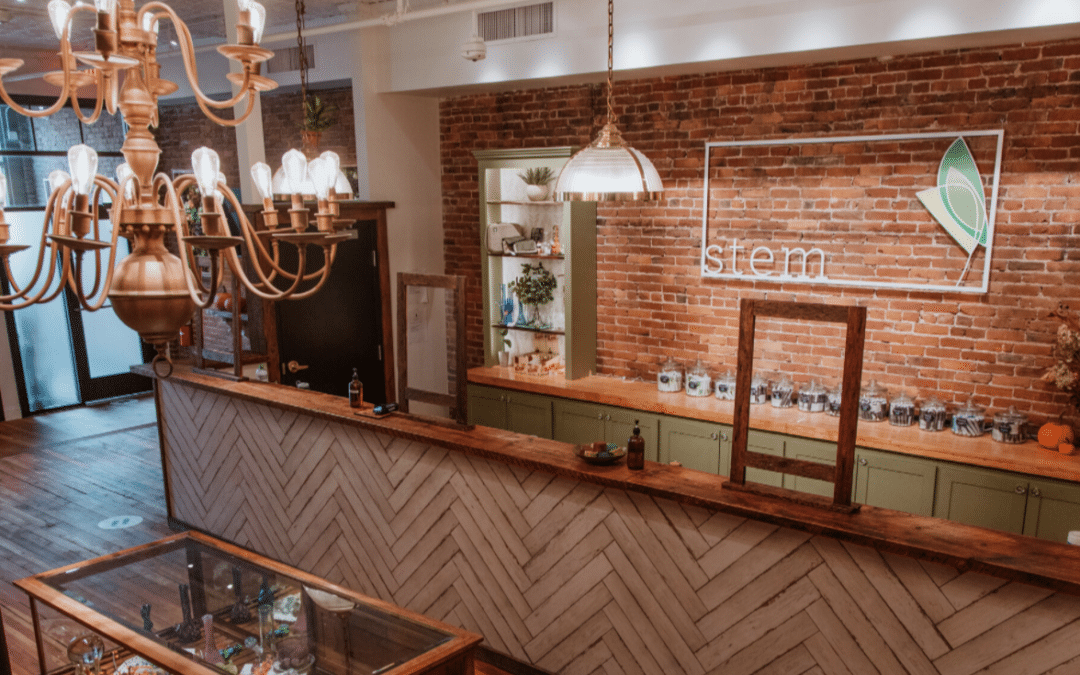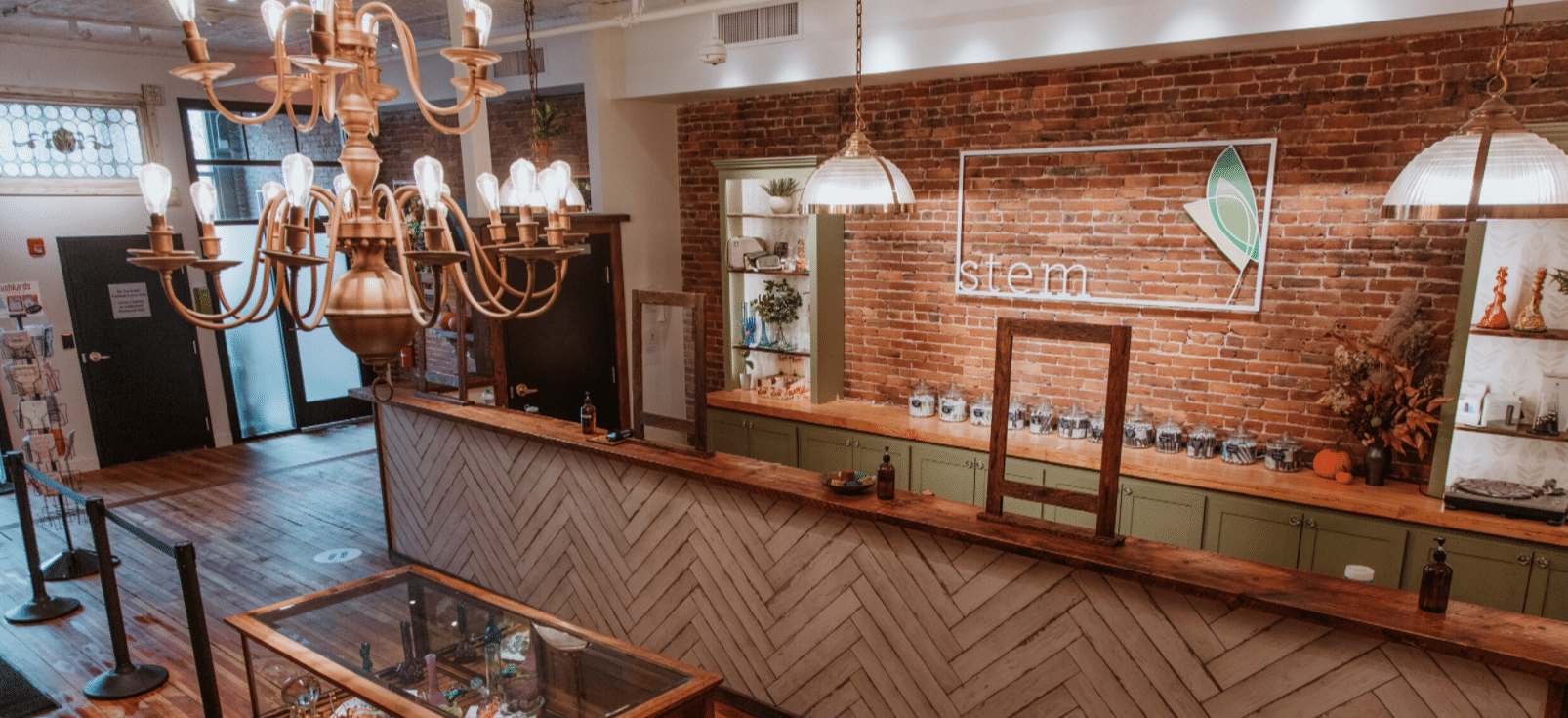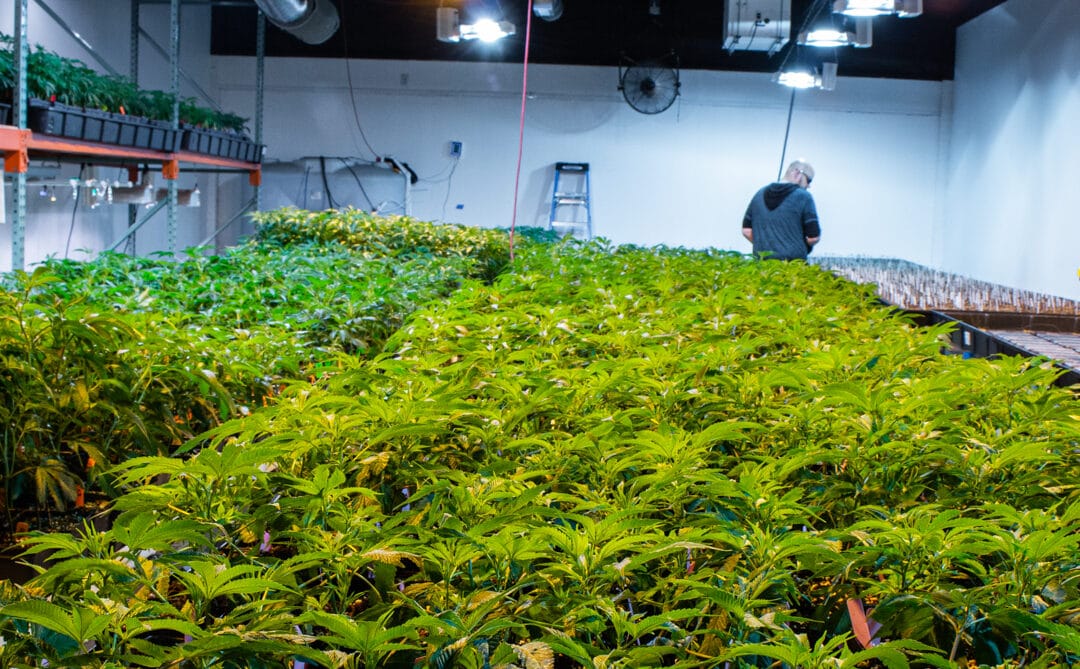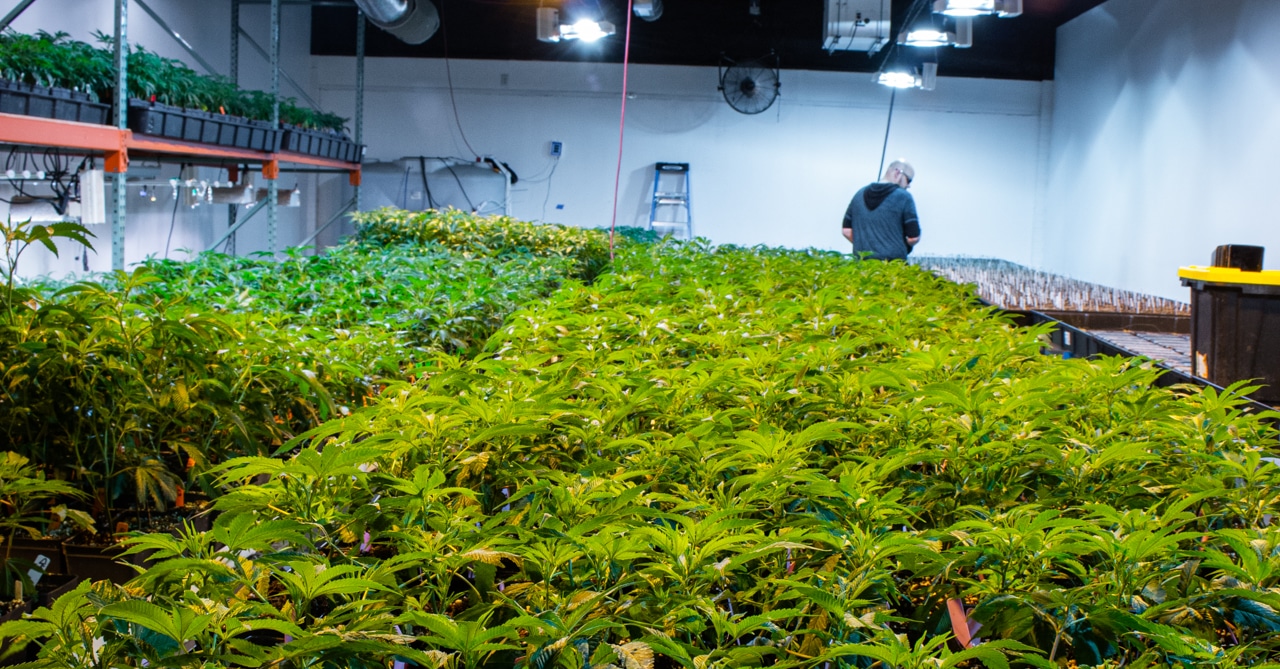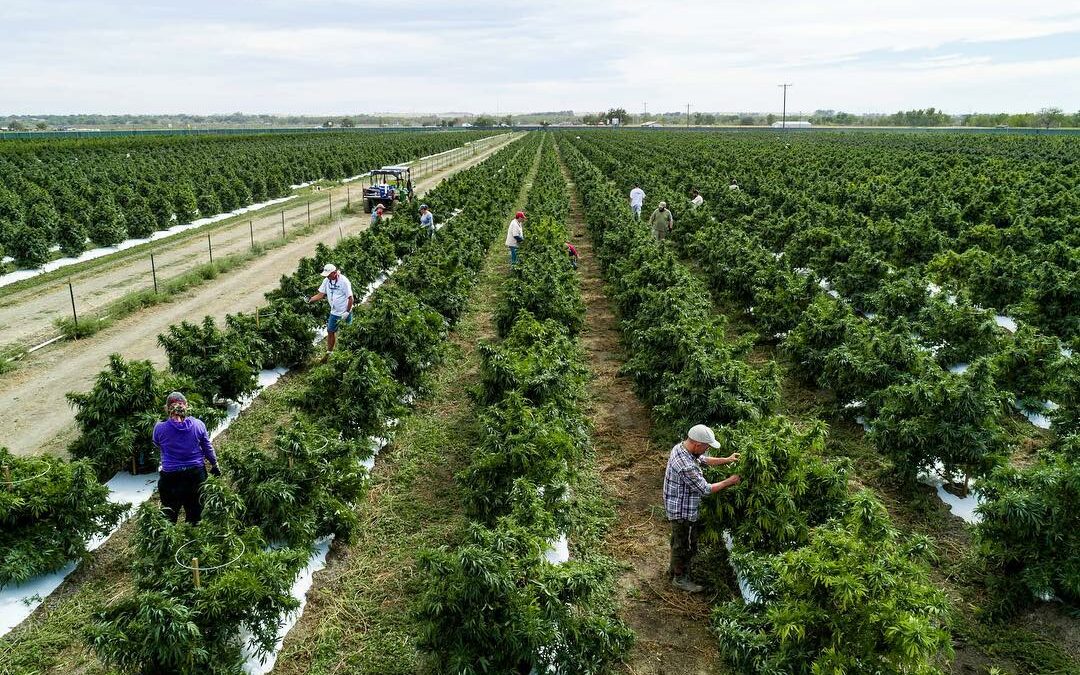
Colorado’s Largest Cannabis Farm Bought by Massachusetts Company
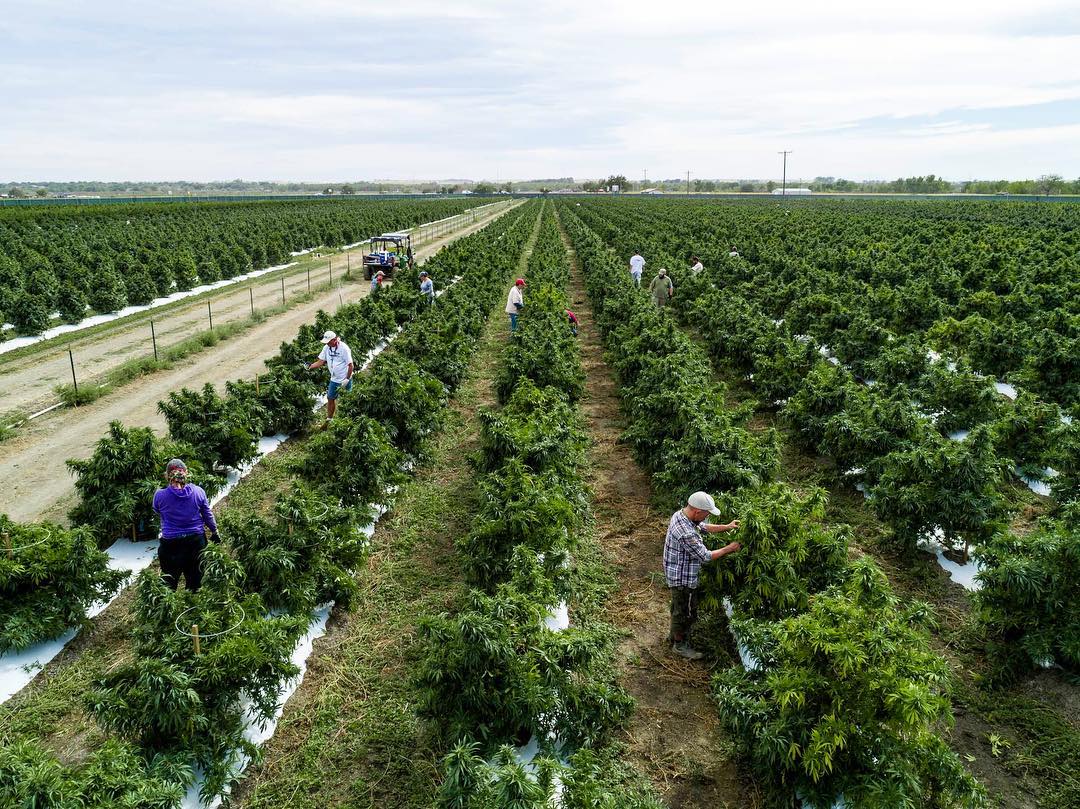
Curaleaf, a publicly shared marijuana corporation with business holdings throughout America and Europe, just announced that it has finalized the acquisition of Los Sueños Farms, Colorado’s largest outdoor marijuana growing operation. The purchase, worth a reported $67 million in cash, stock and assumed debt, was first announced in May, but didn’t close until this month, according to Curaleaf.
Two Pueblo dispensary licenses previously held by Los Sueños were included in the deal.
Under the agreement, 61 percent of the sale price will be paid in Curaleaf shares, 29 percent in cash and 10 percent in acquired debt. According to Curaleaf, Los Sueños founder Bob DeGabrielle will continue to oversee the farm and “take responsibility” for the company’s wholesale and retail operations.
Located in Pueblo County, Los Sueños’ outdoor marijuana cultivation comprises 66 acres of land with an additional 1,800 plants grown in an on-site greenhouse facility. Los Sueños originally agreed to an acquisition offer from Shwazze, then named Medicine Man Technologies, in 2019. However, Schwazze terminated the deal in 2020 for undisclosed reasons.
Los Sueõs joins over 130 dispensaries and growing operations across 23 states currently owned by Curaleaf, as well as a handful of infused-product brands, including Blue Kudu, a Colorado edibles maker purchased in 2020 for an undisclosed amount. Curaleaf also launched Select Cannabis, a line of vaporizer products and edibles, in Colorado earlier this year — after acquiring the original Select brand in Oregon.

